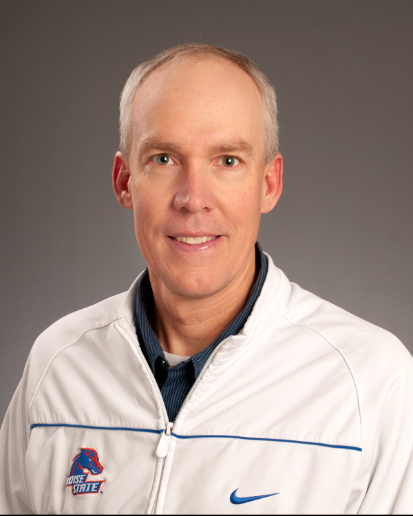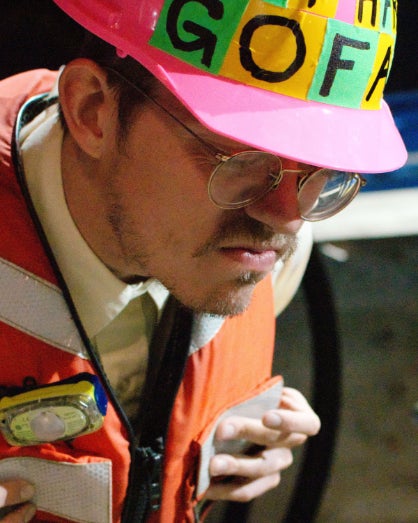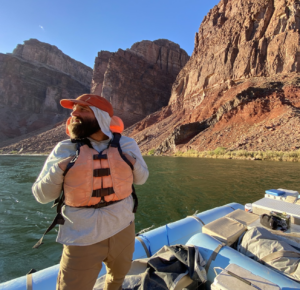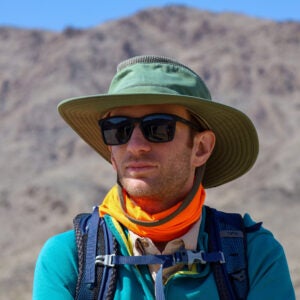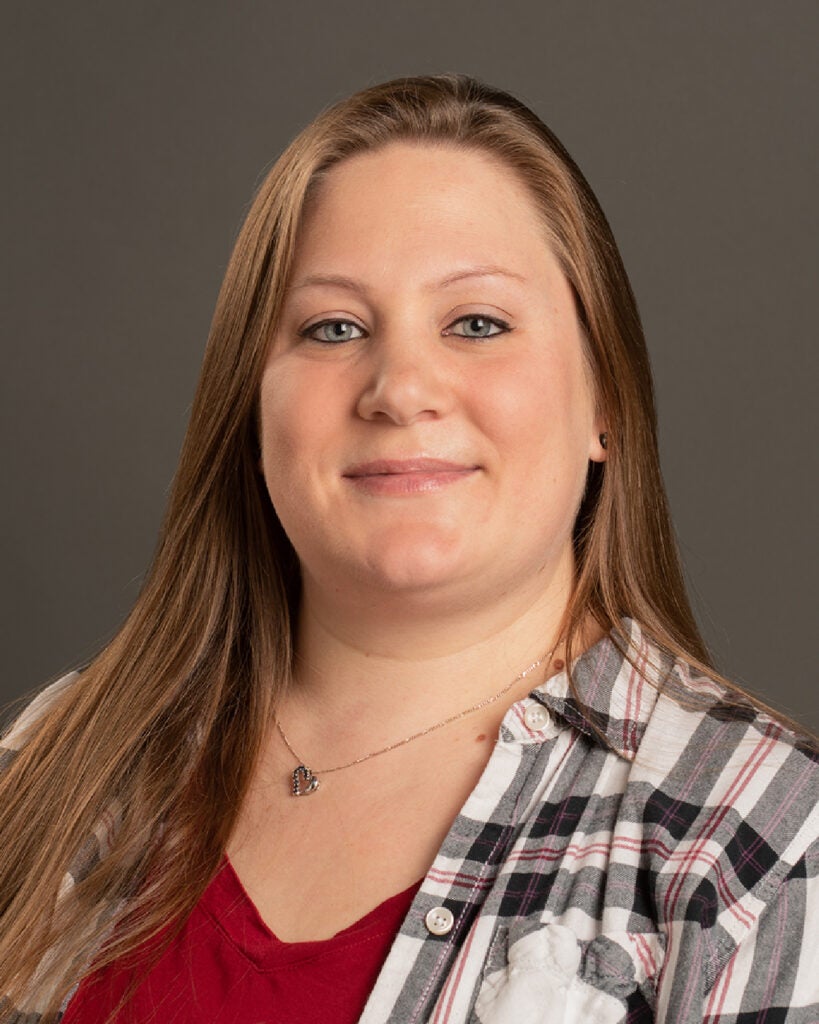Dr. James Crowley, Senior Research Scientist, manages the clean chemistry and mass spectrometry laboratories and provides state-of-the-art U-Pb zircon geochronology to a large cross-section of the geoscience community. Dr. Crowley earned his B.A. in Geology from Amherst College, and the M.S. and Ph.D. in Geology from Carleton University in Ottawa, Canada. His main research interests are: (1) Integration of high-precision geochronology, paleontology, and stratigraphy to determine the age of major events for life. For example, dating the end-Permian mass extinction through U-Pb analysis of zircon from volcanic ash beds, with the goal of determining the cause of the extinction. (2) Developing techniques necessary to produce temporal constraints with uncertainties of better than 0.1%, including production of tracer solutions and characterization of zircon age standards that are being distributed worldwide for the purposes of inter-laboratory calibration. (3) Obtaining high-precision dates from small fragments of accessory minerals (zircon, monazite, titanite) that were characterized for composition and zoning by micro-beam methods. Examples of the goals of this work are determining rates of silicic magma generation and the timing of metamorphic events.
Dr. Darin Schwartz is a Research Scientist managing the LA-ICPMS and tracer isotope ID-TIMS analysis aspects of the IGL. Dr. Schwartz earned his B.S. from Lewis and Clark State College (Lewiston, ID), M.S. in Geology at the University of Idaho, and Ph.D. from Boise State University, working under Dr. Dorsey Wanless. During his dissertation, Darin studied the detailed construction of the Galapagos Plateau through the distribution, geochemistry, and isotopic signatures of underwater seamounts. As a post-doctoral researcher he further explored basalt petrogenesis in mid-ocean ridge settings through stable and radiogenic isotope studies, including high-precision double-spike Pb isotopic measurements. Darin provides training for students and visiting scholars in all aspects of isotope geochemistry and mass spectrometry, and provides support for instrument and method development, experimental design, and novel analytical development, in addition to pursuing studies in both modern and ancient basalt petrogenesis and the evolution of the solid Earth.
Dr. Michael T. Mohr is a Research Scientist in the IGL focusing on U-Pb geochronology collaborations with academic and federal and state agency partners. He completed his PhD in Geosciences at Boise State University, a M.S. in Geology at North Carolina State University, and a B.S. in Geology at the University of North Carolina at Charlotte. Mike’s research interests are in high-precision U-Pb and Th-Pb geochronology for applications in petrochronology, chronostratigraphy, mineral resources, and the geologic time scale. He is also particularly interested in non-conventional accessory minerals like titanite, chevkinite, allanite, monazite, and thorite, and in furthering the utility of Th-Pb dating via ID-TIMS.
Dr. Jason G. Muhlbauer is a Post Doctoral Research Fellow in the IGL working in the detrital realm. Jason completed his Ph.D. and M.S. degrees in Geology at the University of Tennessee, Knoxville, with a focus on high-resolution fluvial and deltaic stratigraphy, depositional environment, and detrital zircon geochronology. His specific research interests include classification of non-vegetated terrestrial landscapes from the Neoproterozoic to the Cambrian, quantifying palaeocurrent and depositional architecture in rock outcrop, and the sedimentary processes at the intersection of braided rivers, deltas, and aeolian settings. By integrating his skills as a sedimentologist, stratigrapher, and field geologist with expertise and tools available at the IGL, Jason endeavors to address novel questions that combine geochronology with ancient landscape evolution.
Krystl Malhas, Laboratory Technician, maintains the mineral separation and rock preparation laboratories. She also manages undergraduate research associates and trains all students and visiting scholars in mineral separations and geochemical sample preparation. Krystl began working in the rock preparation lab as an undergraduate student in 2019 and continued her employment after completing her B.S. in Geosciences from Boise State University in 2020.
